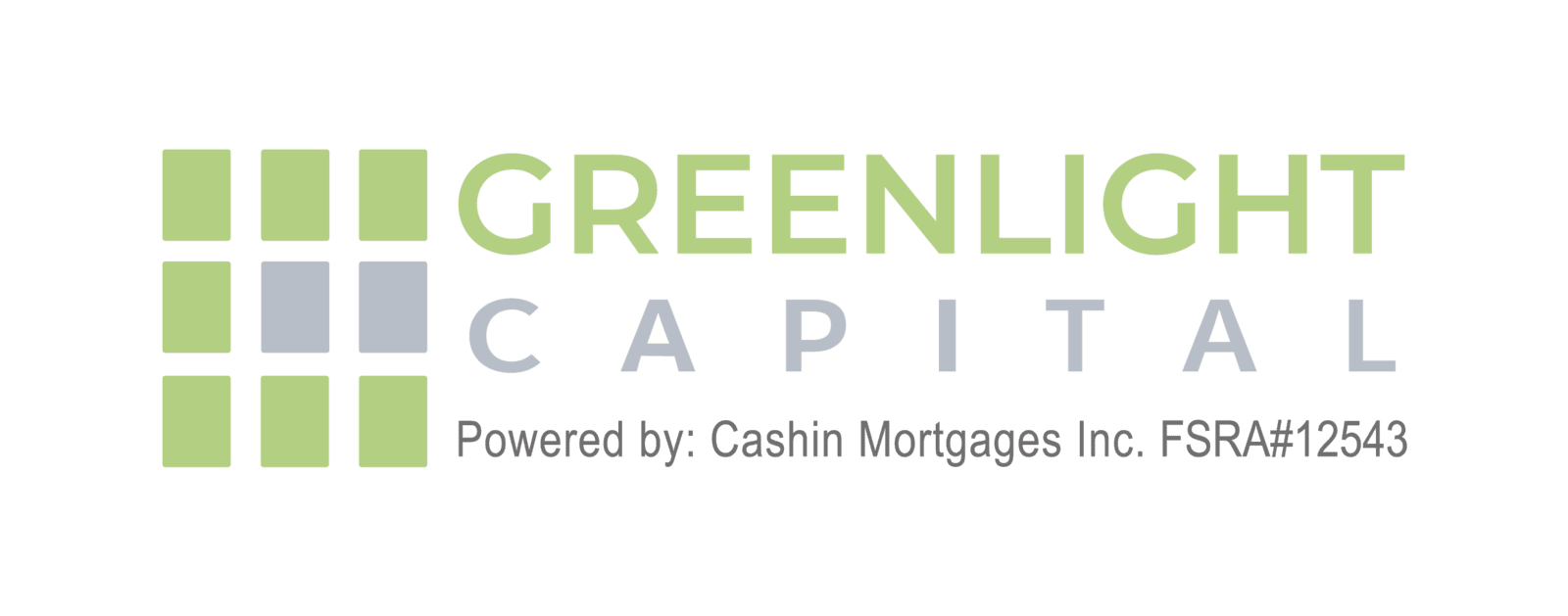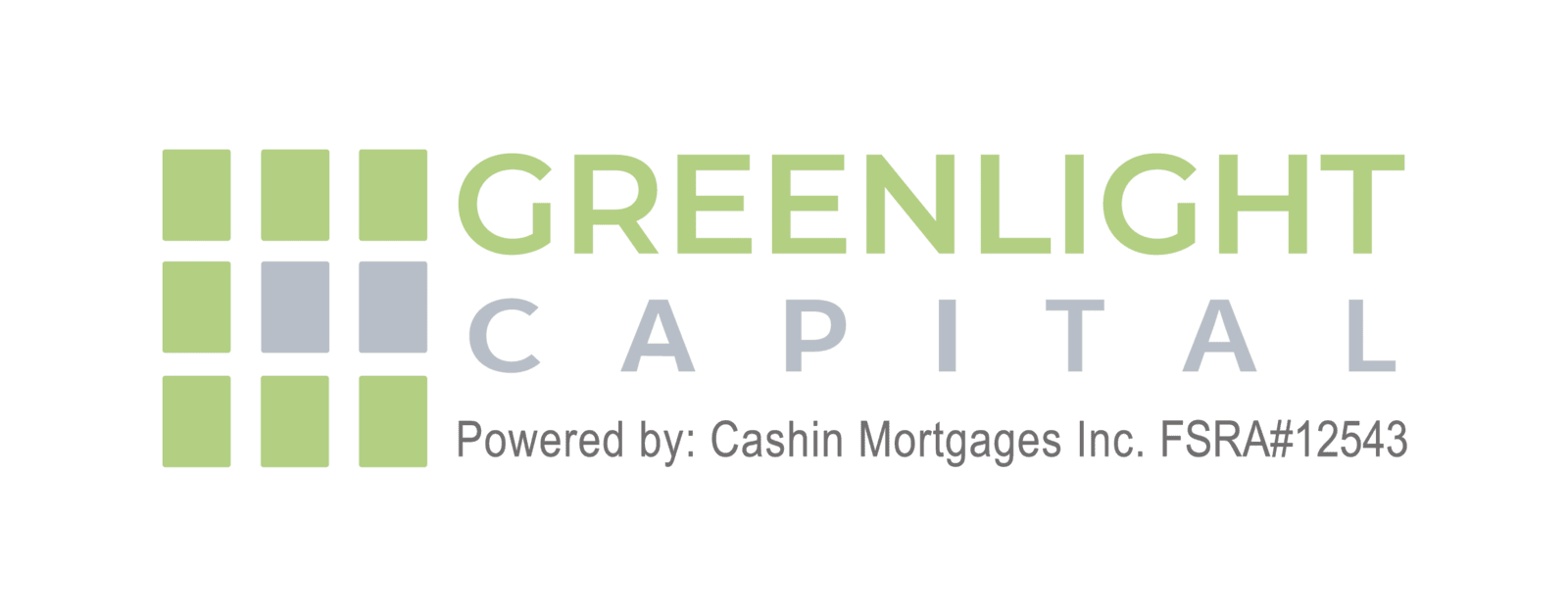Tax Increase on Home Sales

In 2024, Canada introduced significant changes to its capital gains tax policy, aiming to create a more equitable tax system. This policy shift, which increases the capital gains inclusion rate from 50% to 66.67% for gains exceeding $250,000, has sparked considerable debate and concern among homeowners, investors, and real estate professionals. This blog delves into the implications of this tax increase on home sales, exploring both the immediate and long-term effects on the Canadian real estate market.
Capital Gains Tax Increase
The capital gains tax is levied on the profit realized from the sale of an asset, such as real estate. Prior to the 2024 changes, only 50% of the capital gains were included in taxable income. However, the new policy increases this inclusion rate to 66.67% for gains over $250,000. This means that a larger portion of the profit from the sale of high-value assets will now be subject to taxation, potentially reducing the net returns for sellers.
Immediate Impact on Home Sales
One of the most immediate effects of the capital gains tax increase is the potential slowdown in home sales. Homeowners who were considering selling their properties may now be hesitant, fearing the higher tax burden. This could lead to a decrease in the number of homes available on the market, exacerbating the already tight housing supply in many Canadian cities.
Moreover, the increased tax burden may prompt some homeowners to hold onto their properties longer, waiting for a more favourable tax environment. This could further reduce the inventory of homes for sale, driving up prices and making it even more challenging for buyers to find affordable housing.
Long-Term Effects on the Real Estate Market
In the long term, the capital gains tax increase could have several broader implications for the Canadian real estate market. For one, it may alter the investment strategies of real estate investors. With higher taxes on profits, investors might become more cautious, focusing on properties with higher potential returns to offset the increased tax liability.
Additionally, the tax increase could influence the types of properties that are bought and sold. Investors and homeowners may prioritize primary residences and properties that qualify for exemptions or lower tax rates. This shift could lead to changes in the types of properties that are in demand, potentially impacting the development and construction of new housing.
Impact on Home Prices
The capital gains tax increase could also affect home prices in several ways. On one hand, the reduced supply of homes for sale could drive up prices, as buyers compete for a limited number of properties. On the other hand, the higher tax burden on sellers could lead to more cautious pricing strategies, with sellers potentially lowering their asking prices to attract buyers and close deals more quickly.
Furthermore, the tax increase may have a cooling effect on the overall real estate market, as both buyers and sellers adjust to the new tax environment. This could lead to a period of price stabilization or even a slight decline in home prices, particularly in markets that were previously experiencing rapid price growth.
Strategies for Homeowners and Investors
Given the significant impact of the capital gains tax increase, homeowners and investors need to adopt strategic approaches to navigate the new tax landscape. Here are some strategies to consider:
Timing the Sale: Homeowners and investors should carefully consider the timing of their property sales. Selling before the tax increase takes full effect or during periods of favourable market conditions can help mitigate the impact of the higher tax rate.
Utilizing Exemptions: Taking advantage of available tax exemptions, such as the principal residence exemption, can significantly reduce the tax burden. Homeowners should ensure they meet the criteria for these exemptions to maximize their tax savings.
Long-Term Investment: Investors may benefit from adopting a long-term investment strategy, holding onto properties for longer periods to spread out the tax liability and potentially benefit from future market appreciation.
Professional Advice: Consulting with tax professionals and real estate advisors such as Greenlight Capital can provide valuable insights and help homeowners and investors develop effective tax planning strategies. These experts can offer personalized advice based on individual circumstances and market conditions.



